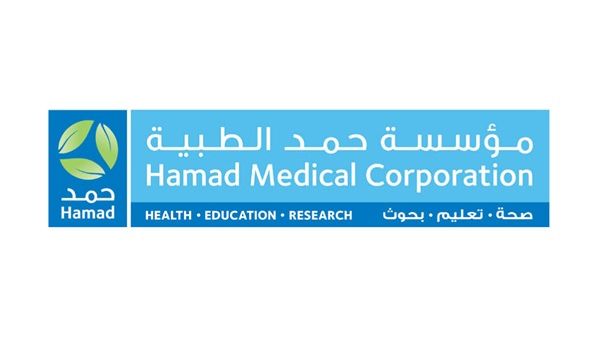Experts examine causes and treatment options for Urinary Tract Infections

More than 250 healthcare professionals gathered in Doha this week to examine the causes and treatment options for an increasingly common illness – Urinary Tract Infections (UTIs).
The Challenges in Urinary Tract Infections Symposium, held by Hamad Medical Corporation (HMC) on 6 April at Sharq Village and Spa, gathered physicians and healthcare workers from a range of specialties including gynecology and urology.
During the symposium, held under the Chairmanship of Dr. Khalid Al Rumaihi, Senior Consultant and Head of Urology section, attendees examined the challenges in diagnosing, treating and preventing UTIs, especially difficult cases.
Dr. Al Rumaihi explained that a UTI affects part of the urinary system. “UTIs, which can range from bladder infections to kidney infections, are among the most common and debilitating bacterial infections, affecting more than 150 million people worldwide every year. Symptoms of a UTI include dysuria (also known as painful urination or a burning sensation when urinating), an urgent need to urinate as well as bladder pain and fever,” he said.
“UTIs are considered to be the most common bacterial infection and can affect men and women of all ages. In fact, more than half of women will experience a UTI during their lifetime,” said Dr. Hana’a Al Hothi, Consultant in the Urology Department at HMC and Head of Organizing Committee.
“The incidence of UTIs is also increased during pregnancy, menopause and in patients with spinal cord injuries, diabetes, and multiple sclerosis.”
The elderly are at greater risk for serious illness from UTIs because the condition is often further along before they are diagnosed and because they often have other health problems that make them more vulnerable.
The symposium also focused on myths surrounding UTIs including hygiene and diet. Challenges in diagnosis and testing, as well as treatment of the infections in the elderly and new strategies for treatment of recurrent infections, were also discussed.
“Patients with acute UTIs are typically prescribed a short course of antibiotics. However, some patients do not respond to this treatment. If left unchecked, infections can become chronic and patients can end up in hospital,” said Dr. Ahmed Hayati, Clinical Fellow at HMC. “This symposium was an opportunity to bring together experts and clinicians from a range of disciplines to tackle a common and potentially problematic condition,” he added.
Background Information
Hamad Medical Corporation
Hamad Medical Corporation (HMC) is the main provider of secondary and tertiary healthcare in Qatar and one of the leading hospital providers in the Middle East.
For more than four decades, HMC has been dedicated to delivering the safest, most effective and compassionate care to all its patients.






